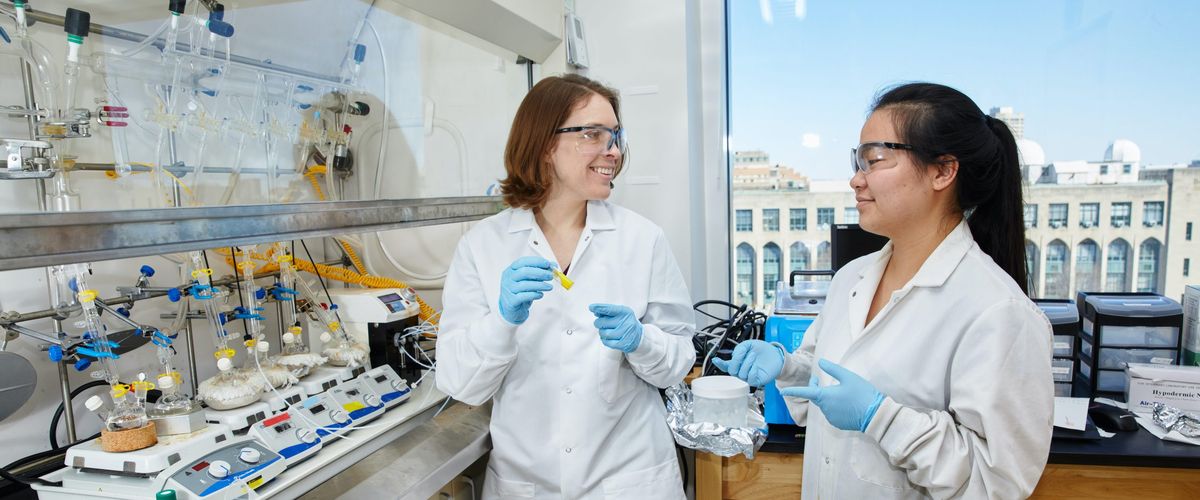How it Works:
Through coursework and dissertation research, MSE PhD students will learn to apply experimental and computational methods to address cutting-edge problems. Students will receive instruction in communications and ethics as appropriate to the social impact and implications of materials science and engineering.
MSE PhD students conduct research in a variety of areas, including materials for clean energy conversion and processing, solid-state lighting, photonics and fiber optics, modeling and characterization of biomaterials and soft tissues, nanoscale materials, materials for MEMS and bioMEMS applications, and many other sub-fields of materials research.
Students in the program have access to state-of-the-art computational and experimental facilities. Students choose an area of concentration from i) biomaterials, ii) electronic/photonic materials, iii) materials for energy and environment, or iv) nanomaterials, and complete the credit and GPA requirements to graduate in 3.5 to 5 years, on average, for the post-bachelor’s and post-master’s PhD, respectively.
Learn more about the PhD Profile for Materials Science & Engineering.
PhD Handbook
The MSE PhD Handbook includes policies, program requirements, logistics and contacts.

Admission Requirements
For Application Deadlines, Requirements and Fee Waiver information, see the Graduate Admissions web page.
Deadline
- Fall: December 15
